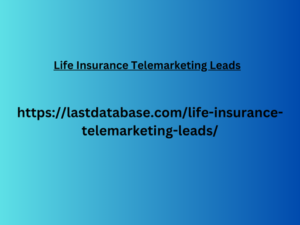The internet holds a vast ocean of information, some readily available and some waiting to be discovered. But what if that information is about a specific person?
Unveiling details about someone online
can feel like piecing together a jigsaw puzzle. This guide equips you with the tools and strategies to ethically find information about people online, respecting privacy while navigating the digital landscape. (H2)
Why Look for Information Online? Understanding Your Goals
There are numerous reasons to ethically search for information about someone online:
Background Checks (Use with Caution):
For legitimate purposes, like verifying someone’s identity before a business transaction (always prioritize official channels whenever possible).
Genealogy Research: Delve into your family history by searching for ancestors or relatives.
News and Public Records: Stay informed by searching for news articles or public records about individuals in the public eye.
Important Note: Always prioritize legal and ethical reasons for searching for information about someone. Avoid using this information for malicious purposes or invading someone’s privacy.
Unveiling the Pieces: Methods for Finding Information Online
Here are some effective methods for ethically gathering information about people online:
Search Engines: Utilize search engines like Google or DuckDuckGo. Enter the person’s name in quotation Life Insurance Telemarketing Leads marks (“Sarah Jones”) for a more focused search. Include additional details like location or profession if known (e.g., “Sarah Jones” “Seattle” “Journalist”).
Social Media Platforms: Social media
profiles can be a treasure trove of publicly available information. Look for the person on platforms like Call of Duty: Black Ops Cold War – Cross-Gen Upgrade: Navigating the Espionage of Console Generations Facebook, LinkedIn, or Twitter, using their name and any known details to search.
Public Records Websites (Use with Caution): Certain websites specialize in public record searches. Be cautious with these platforms, as information accuracy can vary and some might require paid subscriptions. Use them only after exhausting free options and prioritize platforms with a good reputation for privacy practices.
Respecting the Puzzle: Ethical Considerations
When searching for information online, remember to be ethical and respectful:
Privacy Matters: Respect individual privacy.
Don’t harvest personal information for unsolicited messages or spamming.
Verification is Key: Don’t assume the first results are definitive. Cross-check information across multiple sources for accuracy.
Consider Context: Is the information publicly available or private? Avoid accessing information that requires bypassing privacy settings on social media profiles.
Beyond the Digital: Alternative Avenues for Research
While online searches are valuable, here are some alternative strategies for finding information:
Historical Societies and Libraries: For genealogical research, historical societies and libraries often house archives and records that might not be readily available online.
Government Agencies: In some cases,
government agencies might maintain public records databases that could be helpful for your search.
Remember:** Finding information online is like solving a jigsaw puzzle. It requires a combination of the right tools, ethical practices, and sometimes, alternative resources. By following these guidelines, you can approach your online research responsibly and increase your chances of uncovering the pieces you seek. (H2)


